By Osita Odafi
The Mo Ibrahim Foundation recorded a milestone ten years ago when it instituted the Ibrahim Prize for Achievement in African Leadership. The annual award, the world’s largest seeks to recognise excellence among African leaders. This is the latest addition to the series of measures put in place to ensure good governance in Africa. To qualify for the award, a leader must have been democratically elected, made his/her country better and must have left office gracefully within the last three years. It comes with it a $5 million cash gift over ten years as well an annual reward of $200,000 thereafter. For the first time there came to be a home-grown African award for excellent African leadership.
A continent-wide applause heralded the birthing of the award as it was seen as the conscience of the leaders and the recognition of exceptional African leaders. It is regrettable however, that since 2007, just 5 leaders, one of them honourary have been awarded with this excellent award. Recently, the Prize Committee broke the news that no leader met the 2015 award, the fifth time the prize had not been awarded. This is no fault of the foundation. In fairness to the seven-man Prize Committee, they have laboured to defend the high standards of the award. Rather, the blame should go to the prospective awardees, African leaders who have failed to make positive changes while in office.
African leaders’ sit-tight syndrome is a factor in the worrisome trend of lack of winner(s) for the award. From the West, to the East, South to the North, there have been instances of leaders who rejected constitutional term limits and extended their tenures. Worse still, some of them even got and more are still in the process of obtaining parliamentary nods for such unconstitutional and barbaric tenure elongations.
While the award specifically focuses on leaders of African democracies, it is apt that finding real and impactful democratic leaders in Africa is difficult because we more often than not, democratically elect tyrants. From Cape to Cairo, we have ‘elected monarchs’ heading democracies. This explains the penchant for primitive accumulation of commonwealth and brazen violation of constitutional provisions and human rights. Most leaders in Africa become far wealthier than they were before they assumed office. Apart from the fact that the perks attached to public office-holding in Africa, there is the ease of access to public purse by leaders. One classic example is that of a Southern African leader who has effectively transformed his country into a family estate! There is no real flair to deliver on the mandate for which the leaders have been elected. This unfortunate scenario has further burdened foundations, non-governmental organizations, civil society groups and philanthropic individuals who in recent times have come to be ‘shadow governments’ or ‘parallel states’ as they provide basic necessities of life for more people at the grassroots than governments in Africa have done.
Advertisement
It appears that African leaders take more delight in kangaroo awards and self-immortalisation. To set the records straight, African leaders receive awards while in and out of office. But the big question is who award these to them? The answer to this is not difficult to provide. Leaders here organise award nights through their cronies where they would eventually be awarded. Recently in Nigeria, there has been a rise in the ‘Man of the Year Award’ annually put together by organisations especially Newspaper/magazine and Television houses. Some of these award winners are publishers of such newspapers/magazines or their friends (mainly politicians) and the others go to the elite clients of such TV houses who in appreciation, dole out cash gifts to such organisations. Other African leaders have even through politically-affiliated ‘non-governmental organisations’ awarded themselves.
Self-immortalisation while in office has become a trend in Africa. A former Nigerian leader once set up a Presidential Library named after him in his hometown. Years later, another through the then FCT Minister (who at best serves as the President’s personal assistant on the FCT) named a boulevard in Abuja after himself. The mad rush to immortalise one’s self by African leaders is a testimony of the fact that they have performed poorly while in office and therefore deserve no recognition after they might have left office. Fearing political oblivion, they immortalise themselves.
Interestingly, the focus of the award has narrowed the pool from where potential winners could emerge. Should the award be left open for peoples from all walks of life in Africa to contest, it is obvious that ‘people of power’ would always be beaten to the award by non-political office holders. The latter has made more impact on peoples’ lives than the former. But an award initiator has a right to determine its focus and the criteria for selecting contestants and eventual winners.
Advertisement
This award, while exposing loopholes inherent in African leadership also highlights the need for responsive followership on the continent. Citizens must embrace responsive followership if the leaders must be held to deliver on their promises. The Civil Societies as well as the media need to step up their game in a bid to equally hold leaders accountable. While there must not necessarily be a winner for a year – as alluded to by Mo Ibrahim – award initiator, the award is a wake-up call to African leaders to redefine their values and make governance a call to service, and not a call to be served!
Views expressed by contributors are strictly personal and not of TheCable.
1 comments
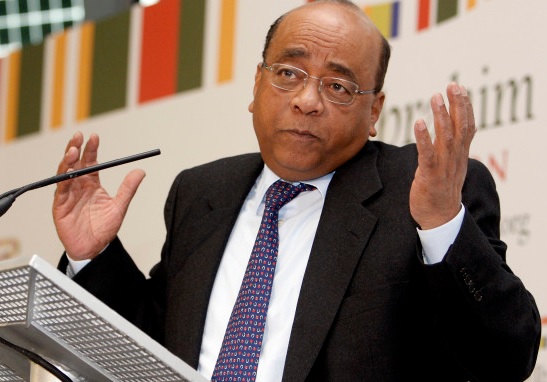
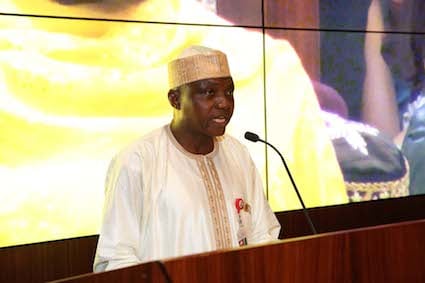
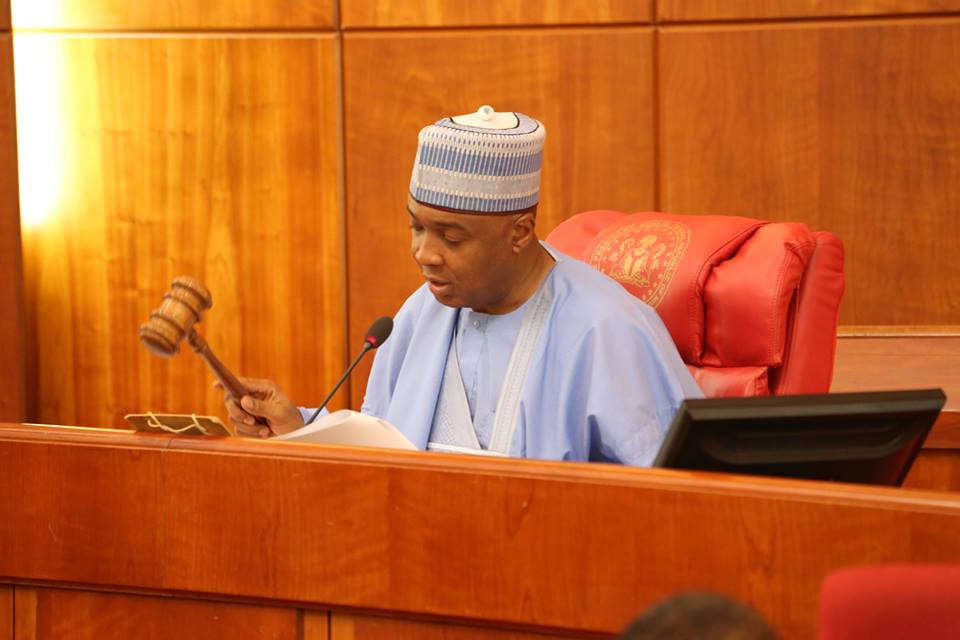

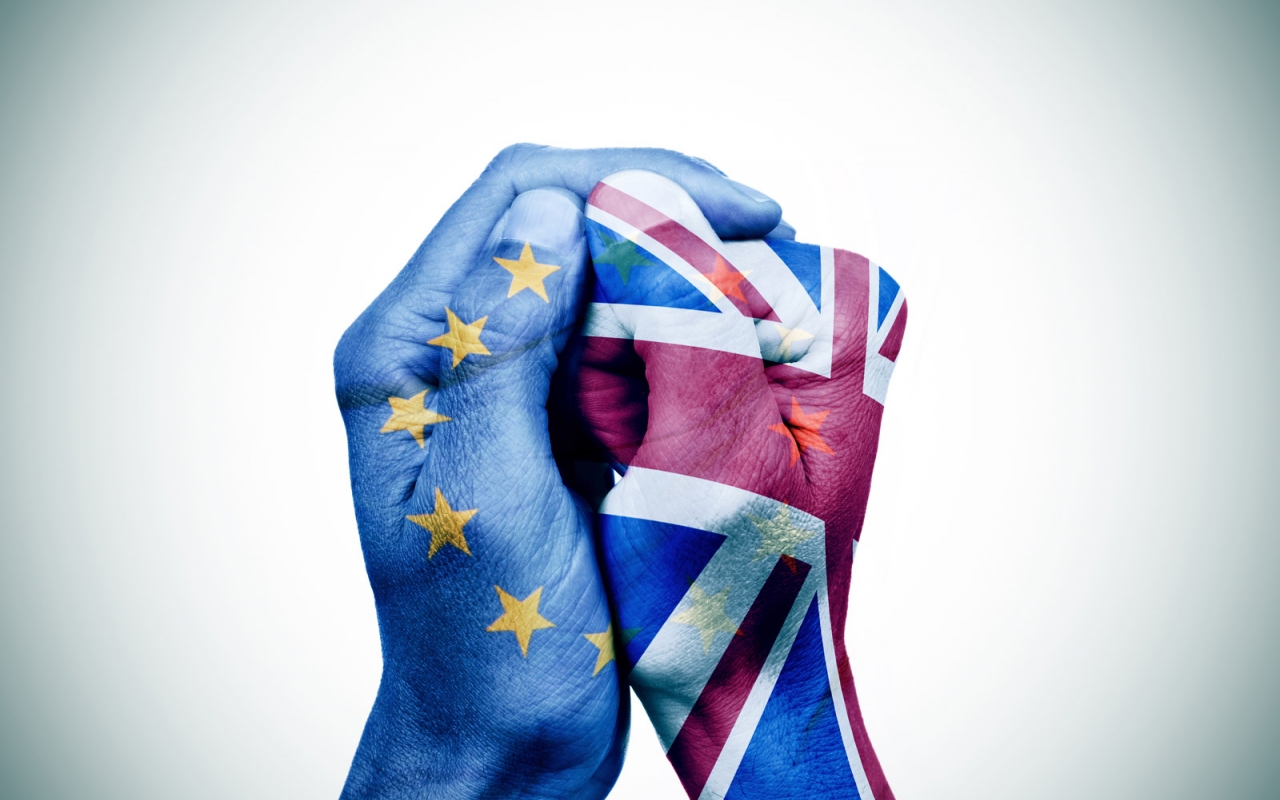
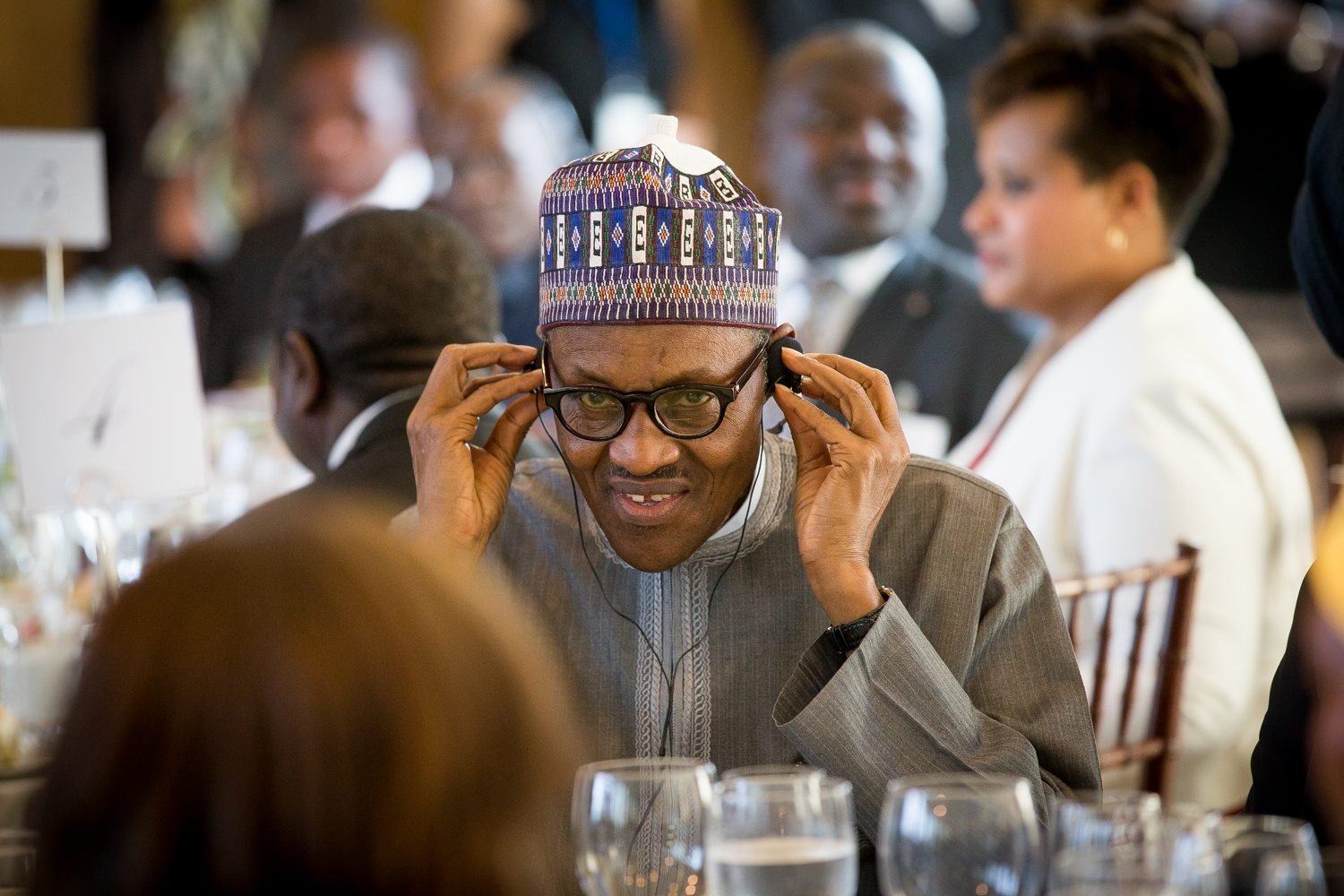
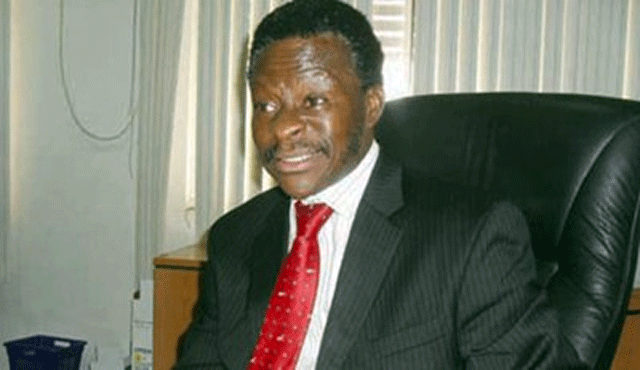
I love this idea and i think organizations and institutions should adopt it. No leader in Africa now is ready to sacrifice. They rather service the party that brought them to power and fill their empty pocket. They don’t create conducive environment for youth to develop their personal ability and ideas.